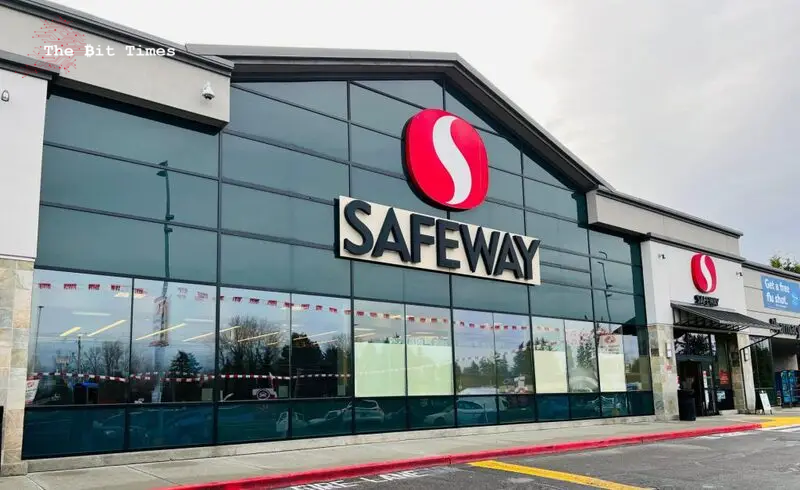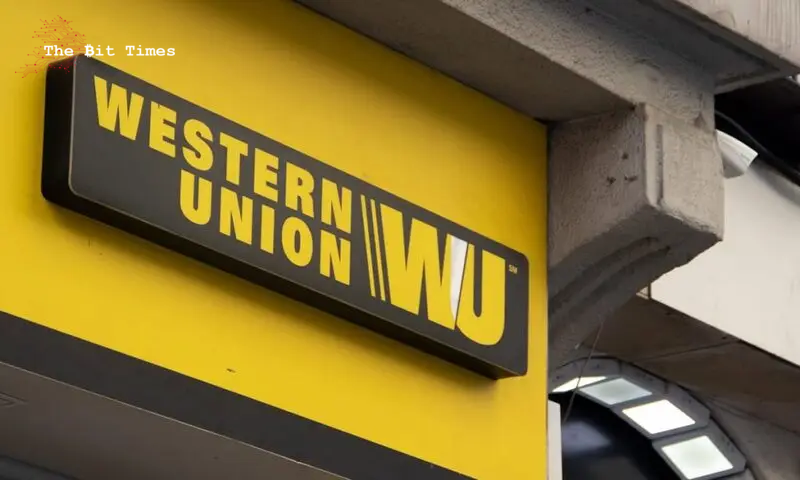Does Safeway do Money Orders?
Amid the ever-changing financial sector, the use of money orders has certainly been a declining reality. Indeed, the payment process is more secure than cash, without the negative potential of checks. Yet, with the payment method becoming increasingly scarce, we break down if Safeway does Money orders.
Safeway is a chain of supermarkets in the United States that has been in existence since the year 1915. A rather modest chain in the modern retail sense, there are currently 724 locations in the United States as of this year.
Alternatively, money orders have become a rather decliningly used form of payment in the modern financial world. These orders are certificates that are issued by various governments or entities. Moreover, they provide a more secure payment option over traditional cash and checks.
So, let’s delve into the question, does Safeway do money orders?
Safeway and Money Orders

Also Read: Does QuikTrip do Money Orders?
Money orders are a lot like checks in their functionality. The primary difference is that a money order is funded in advance, whereas a check is drawn on a bank account. Altogether, these documents are utilized for making payments and can be a less expensive option for such payments than traditional checks.
In order to cash a money order, a consumer is required to take the document to a bank or a location that cashes these payment options. The individual will show identification, and pay a small fee before they are able to cash out the money order. Subsequently, this means it is vital to know what locations in the United States still cash these money orders.
So, considering it remains a staple as a supermarket in the United States, does Safeway do money orders? The answer is yes, and it is done through the store’s partnership with Western Union. Interstingly, Dollar General also works with Western Union, although they have partnered for money transfer services, as opposed to a Money order service.
In a story breaking down the places to cash money orders, Fortune referenced Western Union and its partnership with Safeway. Specifically, they noted that the financial entity has around 45,000 agents in the US and Canada that offer money orders. Additionally, they stated that supermarket chains, like Safeway and Walmart, offer this service.
Things to Remember

Also Read: Can I Get a Money Order With a Credit Card?
Although we now know that Safeway does do money orders, there are some things to remember. Specifically, it is important to understand and be familiar with some of the parameters that are in place when it comes to money order processing at these locations.
Firstly, Western Union money orders are only purchasable up to $1,000. Additionally, the fees that are implored for such a purchase will vary based on a host of different factors. Specifically, the location in which you purchase them can alter the amount that you will be paying in fees.
Conversely, these kinds of limits change when it comes to a Safeway location. Specifically, most transactions that occur through money orders will cost around $1 at Safeway. Additionally, the limit for a money order is $500. Still, that can vary depending on which location the purchase is made. Moreover, Safeway requires a money order to be placed in cash, as they do not accept checks or credit cards for such a purchase.
Although it certainly is not prevalent, there are still plenty of retail stores and other entities that offer money order services. Safeway is among them, with Western Union partnering with several similar retail chains for such an offering.
Comments
Post a Comment